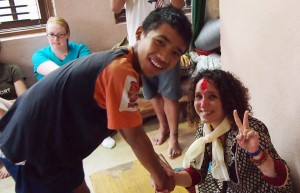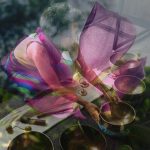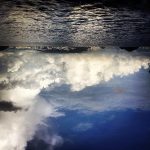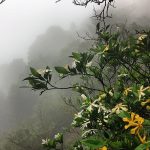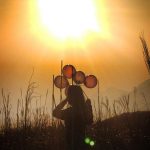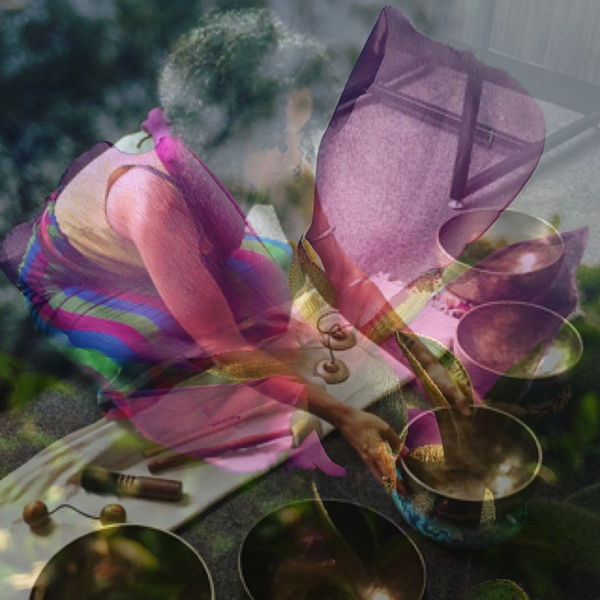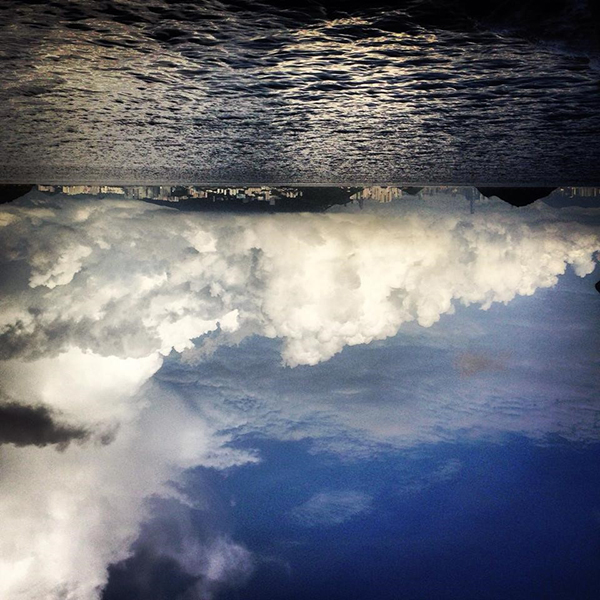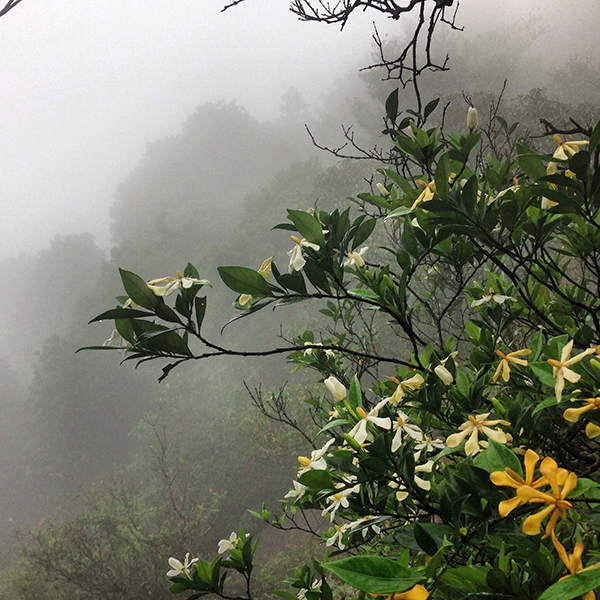A journey of a thousand miles begins with a single step. Lao–Tzu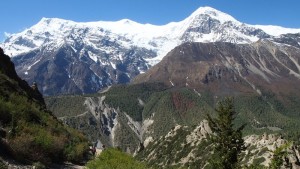
Hello everyone!
I trust your summer is happily unfolding, with your loved ones, favorite activities, best friends, beloved pets…!
I have been stepping into Nepal, with a challenging and uplifting experience of trekking followed by a heart-warming experience at an orphanage.
Health-care professionals use the term “health-related quality of life” to talk about how your health, your sense of satisfaction with life, and your overall sense of well-being affects your daily life.
One way to contribute to healthful living is by developing skills for awareness and self-understanding, learning to keep a balance between rest and activity, between what feels good and what doesn’t: in other words expanding your emotional intelligence and your physical awareness.
It’s well-known that walking, especially in beautiful surroundings, can improve your quality of sleep, sense of well-being, and your overall standard of life.
While walking, I experienced nature vividly as a bountiful resource, and the more I walked, the more I felt home, inside my body, and connected to the beautiful scenery.
Taking time out to pursue an activity like mindfully walking can get your mind off distressing concerns and give you a feeling of detachment from daily pressures.
By relaxing and giving your mind the room to wander with such exercises, you may be able to see a situation in a new light. Getting back to the outside world through your senses, ( called “orienting “ in Somatic Experiencing) is an effective way not to let yourself be overwhelmed by emotions and feelings inside. 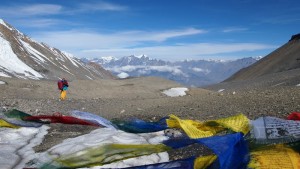
I am always grateful for the chance to enjoy Hong Kong’s generous tropical surroundings and many possibilities for outdoor activities and hikes. For those of us staying in Hong Kong, take a chance and explore the trails in a different way, bringing awareness to your physical sensory experiences. As Moshe Feldenkrais said “…we have to learn to separate functionally, i.e., to differentiate our senses from feelings. »
When engaged in pure sensory experience, one cannot be into the so called superior brain, the one that predominates and often overrides or burns out.
Here are a few nature exploration possibilities you can play with to resource yourself in Nature. These are based on Somatic Movement Education that is a form of mindfulness: body fullness.
- Walk barefoot, and feel the ground beneath you…its texture ( grass, mud, between the toes…), its temperature, its support, …let your weight drop very far, so as your imagination…underneath there are roots, springs, crystals and stones….how is it to know this in your body?
As I was crossing a river flowing down the Annapurna 4, I was reminded of the great cycles of water transformations, and of the water being most of my body tissues…It felt encompassing, cleansing.
- While enjoying your walk, or simply sitting, you may let your eyes tap into the different shades of greens. Let the color reach your eyes, receive it rather than look for it, let the shades soothe your eyes (green is a color that nourishes your Liver Wood element, according to the TCM system). As you are doing so, notice what may change in your body? Where do your eyes want to go? Is it pleasurable?
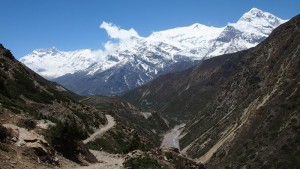
- Under the sun or in the wind, you may play with feeling the total surface of your skin with the elements.
How is it affecting your sense of boundaries and sense of presence? Do you notice a change in your breathing?
- Is it raining? You may let your ears linger to the sound of one of the numerous streams or raindrops. You may even be aware of the birds’ songs as you are expanding your awareness.
What change do you notice in your state of being?
Observe, be curious but do not attach to or over analyse your experience. Rather receive and let the information flow. This is where transformations may happen.
What do you notice in your neck or general body tone?
How well can you be present both with the outside environment and inside of yourself?
- Receive the smell of the earth, and vegetation. A smell can bring on a flood of memories, influence your moods and even affect your work performance. The olfactory bulb is part of the brain’s limbic system, an area so closely associated with memory and feeling it is sometimes called the “emotional brain. Smell can call up memories and powerful responses almost instantaneously.
Body fullness practices cultivate dual awareness, a sense of staying present with yourself and with the world, or life as it presents itself IN THE MOMENT.
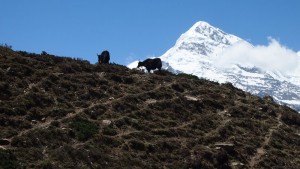
Stress can be thought of as the need to adapt to a change. And stress is not always negative. With coping strategies, such as enhancing your relationship to yourself and Nature, you can handle stress and use it creatively as a call to positive action. Step by step.
Have a great summer all, and talk to you soon!
Namaste,
Anne
